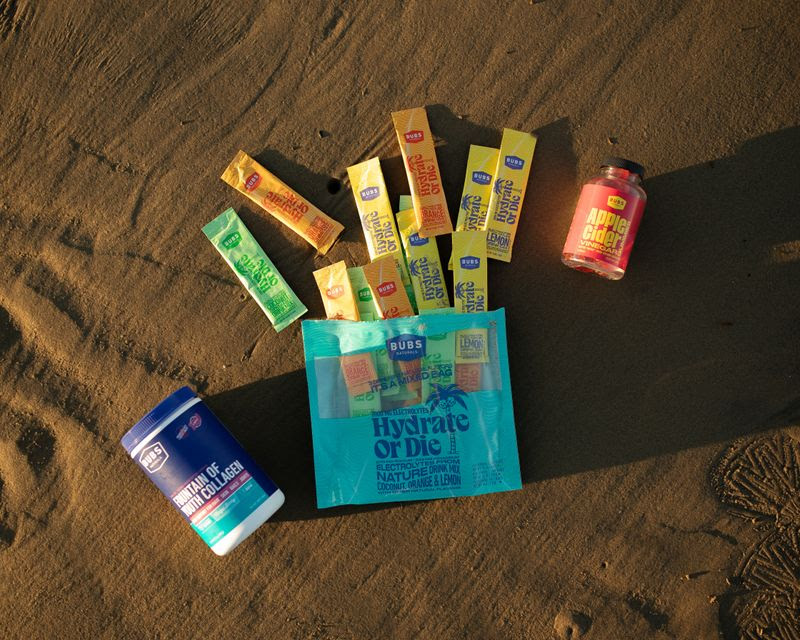In the realm of nutrition and health, the term “superfood” has garnered significant attention. These nutrient-dense foods are celebrated for their potential health benefits, offering a concentrated dose of vitamins, minerals, and antioxidants. While the concept of superfoods may seem like a marketing trend, incorporating them into your diet can lead to tangible health improvements. This essay will explore what superfoods are, their benefits, and practical ways to integrate them into your daily meals.
What Are Superfoods?
Superfoods are a category of foods that are exceptionally rich in nutrients and beneficial compounds. These foods often contain high levels of vitamins, minerals, antioxidants, and phytochemicals, which are thought to confer various health benefits. While there is no formal definition of a superfood, common characteristics include being plant-based, whole, and minimally processed. Superfoods are often linked to improved health outcomes, such as reduced inflammation, enhanced immunity, and a lower risk of chronic diseases.
Some commonly recognized superfoods include:
- Berries (e.g., blueberries, strawberries, acai berries) – Rich in antioxidants, particularly anthocyanins, which help combat oxidative stress and inflammation.
- Leafy Greens (e.g., spinach, kale, Swiss chard) – Packed with vitamins A, C, K, and folate, as well as fiber and essential minerals like calcium and iron.
- Nuts and Seeds (e.g., almonds, chia seeds, flaxseeds) – High in healthy fats, protein, fiber, and micronutrients such as magnesium and vitamin E.
- Whole Grains (e.g., quinoa, oats, brown rice) – Provide fiber, B vitamins, and important minerals like iron and magnesium.
- Legumes (e.g., lentils, chickpeas, black beans) – Excellent sources of plant-based protein, fiber, and various vitamins and minerals.
- Fatty Fish (e.g., salmon, mackerel, sardines) – High in omega-3 fatty acids, which are crucial for heart health and cognitive function.
- Fermented Foods (e.g., yogurt, kefir, sauerkraut) – Contain probiotics that support gut health and enhance digestion.
- Herbs and Spices (e.g., turmeric, ginger, garlic) – Provide powerful anti-inflammatory and antioxidant properties.
The Benefits of Superfoods
Incorporating superfoods into your diet can offer a multitude of health benefits:
- Improved Nutrient Intake
Superfoods are nutrient powerhouses, providing a wide range of essential vitamins and minerals that are often lacking in the typical diet. For example, berries are a fantastic source of vitamin C and fiber, while leafy greens offer a substantial amount of vitamin K and iron. Consuming a variety of superfoods ensures that your body receives the nutrients it needs to function optimally.
- Enhanced Antioxidant Protection
Antioxidants are compounds that help neutralize free radicals, which can cause cellular damage and contribute to chronic diseases like cancer and heart disease. Superfoods such as berries, nuts, and dark chocolate are rich in antioxidants, helping to protect your body from oxidative stress and inflammation.
- Better Heart Health
Many superfoods support cardiovascular health. Fatty fish, rich in omega-3 fatty acids, help reduce inflammation and lower the risk of heart disease. Whole grains, high in fiber, can help lower cholesterol levels and improve blood pressure. Including these foods in your diet can significantly enhance heart health and reduce the risk of cardiovascular conditions.
- Improved Digestive Health
Superfoods like fermented foods and high-fiber grains play a crucial role in maintaining a healthy digestive system. Probiotics in fermented foods support gut health by promoting a healthy balance of gut bacteria. Fiber from whole grains and legumes aids in digestion and helps prevent constipation, ensuring a well-functioning digestive tract.
- Weight Management
Superfoods can aid in weight management by promoting satiety and reducing the likelihood of overeating. Foods high in fiber, protein, and healthy fats, such as legumes, nuts, and seeds, help keep you full for longer periods. Incorporating these foods into your meals can support healthy weight loss and maintenance.
How to Incorporate Superfoods Into Your Diet
Incorporating superfoods into your diet doesn’t have to be complicated. Here are practical ways to include these nutrient-dense foods in your daily meals:
- Start Your Day with Superfoods
Breakfast is an excellent opportunity to include superfoods. Add berries to your oatmeal or yogurt for an antioxidant boost. Mix chia seeds or flaxseeds into your smoothie for added fiber and omega-3 fatty acids. Whole grain toast with avocado provides healthy fats and essential nutrients to kickstart your day.
- Enhance Your Salads
Leafy greens like spinach and kale make an excellent base for nutrient-packed salads. Add a variety of colorful vegetables, nuts, and seeds to increase the nutrient density. Top your salad with a piece of grilled salmon or a handful of chickpeas for a protein-rich meal.
- Incorporate Superfoods into Snacks
Choose snacks that are both delicious and nutritious. Snack on a handful of nuts or seeds, which are portable and easy to consume on the go. Prepare energy balls using dates, nuts, and seeds for a quick and healthy treat. Fresh fruit, such as apples or berries, makes a convenient and nutritious snack option.
- Include Superfoods in Main Meals
Incorporate superfoods into your main dishes by adding legumes to soups, stews, and casseroles. Use quinoa or brown rice as a base for grain bowls, topped with a variety of vegetables and lean proteins. Incorporate fatty fish like salmon into your weekly meal rotation to benefit from omega-3 fatty acids.
- Experiment with Herbs and Spices
Boost the flavor and nutritional value of your meals by using herbs and spices. Add turmeric and ginger to soups, stews, and teas for their anti-inflammatory properties. Use garlic and fresh herbs like cilantro and parsley to enhance the taste and health benefits of your dishes.
- Drink Your Superfoods
Smoothies and juices are an excellent way to pack multiple superfoods into one meal. Blend leafy greens, berries, and a scoop of chia seeds with your favorite liquid base for a nutrient-rich beverage. Green tea, rich in antioxidants, is another excellent drink to include in your daily routine.





